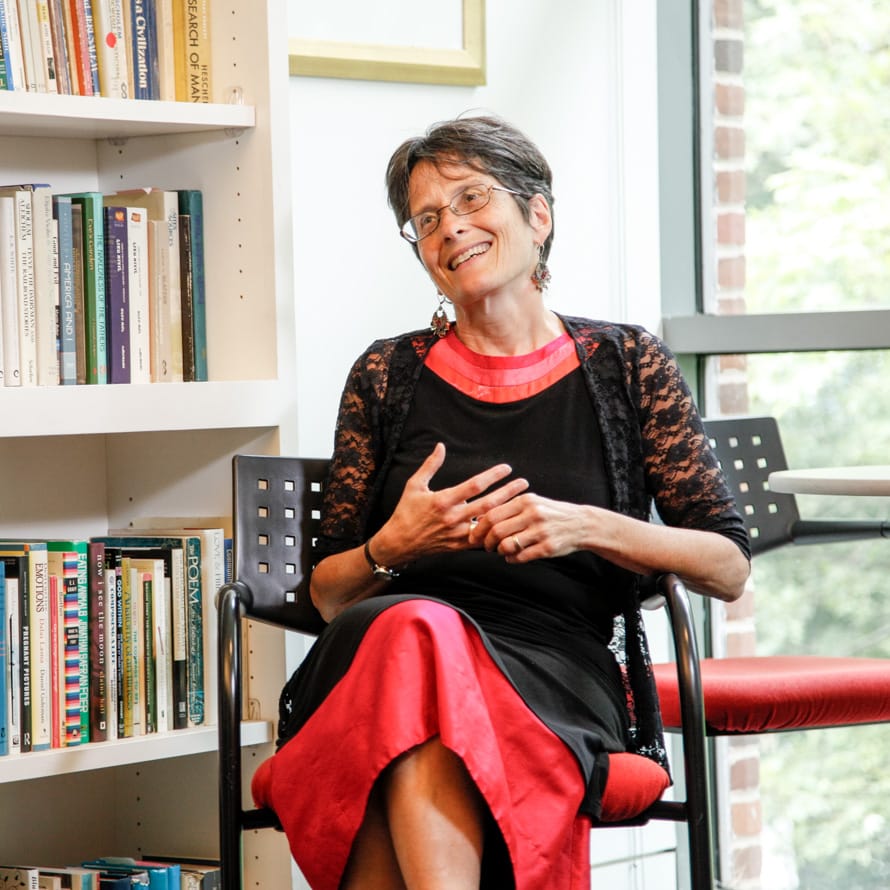Community Blog Speaking Torah: Our Children Are Leading the Way

Last Shabbat, in cities across the United States, hundreds and hundreds of thousands of people gathered to march against gun violence. The demonstrations were galvanized by the extraordinary leadership of the high school students in Parkland, Florida, who have responded to their own personal tragedy by taking action with a sense of clarity and courage that has sort of taken our collective breath away.
The protests were diverse—parents and grandparents, teachers, mentors, employers, public officials, supporters from all walks of life joining these young people in an effort that, somehow, seems to be jolting even the most jaded among us out of our skepticism about the possibility of real change on this issue. And everyone knows what makes it feel different this time: our children are leading the way.
On that same morning, across the country, Jewish communities gathered to mark Shabbat Hagadol, the Sabbath before Passover, and to read these words from the prophet Malachi:
Lo, I will send the prophet Elijah to you before the coming of the awesome, fearful day of the Lord. He shall reconcile parents with children and children with their parents, so that, when I come, I do not strike the whole land with utter destruction.
How fitting that, as the young people of Parkland are demanding to be heard, we are asked to hear this prophetic reminder of the redemptive possibilities of reconciliation between parents and children. How fitting that we reminded of the grave danger of not turning our hearts toward each other.
How fitting that, as young people all over the country are staging school walk-outs and stepping up to take action, we are summoned to begin the Passover seder by making sure that we are listening carefully to our children’s questions. It is a subtle but powerful reminder: there is simply no story without them. There is no path forward without their voices—some exuberant and insistent, some halting and hesitant—at the tables of transformation.
And how fitting that, as young people all over the country are asking “Where will this end?” —we are told that we cannot conclude the Passover seder without the search for the afikomen. This playful search teaches us something utterly serious about the task of restoring that which has been broken, revealing that which has been hidden. In most families, the most significant role in this ritual game of hide-and-seek goes to the children. It is they who find and ransom the afikomen; it is they who suddenly hold the power to determine how and when the seder will end.
This year, as our children return to the table, afikomen in hand, may we consider their power to reveal to us new possibilities for wholeness and redemption that, somehow, we have failed to see until now.
Here at Hebrew College, we are deeply proud of and excited about a growing initiative called the Jewish Teen Foundation of Greater Boston, in which young people from our community are learning about leadership and philanthropy, raising money, and making decisions about where they want that money to go to support the causes about which they are most passionate. In honor of Passover, I ask you to make a donation to support the important work they are doing (choose “Youth Programs” after checking “Please designate my gift ” on our secure donation form) – maybe you can even make it part of the prize for finding the afikomen at your own seder this year!
Rabbi Sharon Cohen Anisfeld is President-Elect of Hebrew College in Newton Centre, MA.
Interested in a possible career in the rabbinate or cantorate? Read Rabbi Dan Judson’s article “Jewish Lessons on Meaningful Work.“ Rabbi Judson is Dean of the Rabbinical School of Hebrew College.

